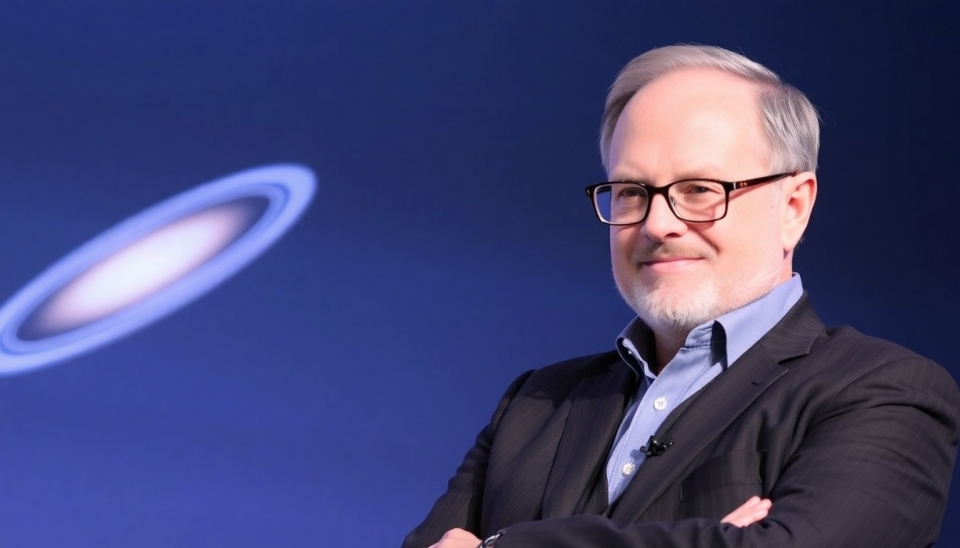
In a striking turn of events, Eric Schmidt, the former CEO of Google, has unveiled a rather controversial and provocative research initiative aimed at understanding the complexities of the human brain through a unique approach: by using infections. Schmidt, who has long been a visionary in the tech industry, is now turning his attention to neuroscience, signaling a bold intersection between technology and biology that could redefine how we comprehend cognitive functions.
Schmidt has partnered with a group of leading neuroscientists to launch a series of research projects investigating the brain's functions and its response to various pathogens. The central hypothesis is that certain infections could potentially influence the way neurons communicate and function. By studying these interactions, Schmidt and his team hope to uncover new insights that may lead to innovative treatments for neurological disorders.
During a recent interview, Schmidt expressed a fascination with the brain's architecture and its operational mechanisms, noting how little is truly understood about the organ that drives human behavior and cognition. "We know much about the Internet, but our understanding of the brain is still in its infancy," he stated. His goal is to bridge this gap using a methodology that many find alarming but could yield significant scientific advancements.
The initiative is grounded in the belief that infections have the potential to alter brain functions in ways previously overlooked. Schmidt's team intends to methodically document these changes, utilizing advanced imaging techniques and analysis to monitor the effects of various pathogens on brain activity and structure.
However, this ambitious project has garnered mixed reactions within the scientific community. While some researchers are intrigued by the prospect of exploring the brain through an infectious lens, others are raising ethical concerns. The potential implications of deliberately introducing infections into brain studies prompt discussions about morality, safety, and the potential risks involved for both researchers and subjects.
Schmidt reassures critics of the initiative that all necessary precautions will be taken to ensure the safety and well-being of participants in the studies. Ethical review boards are being consulted to establish protocols that align with rigorous scientific standards, reflecting his commitment to responsible research practices.
As the program unfolds, Schmidt aims to harness the findings not only to enhance our grasp of cognitive functionality but also to explore potential therapeutic avenues for conditions like Alzheimer's and Parkinson's diseases. With his deep roots in technology and innovation, Schmidt's leap into neuroscience could pave the way for unforeseen breakthroughs in treating brain disorders.
The sheer audacity of this research initiative illustrates Schmidt's characteristic willingness to challenge the status quo and push boundaries. Whether this approach will lead to revolutionary discoveries remains to be seen, but it undeniably sets the stage for a fascinating dialogue between the realms of technology and biology.
As society stands on the brink of new scientific horizons, the interplay of infections and brain science is a captivating field that could redefine how we understand the intricate processes of thought, memory, and emotion.
For now, the academic and medical communities are watching closely as Schmidt's endeavor unfolds, waiting for the insights that could emerge from this provocative intersection of disciplines.
#EricSchmidt #Neuroscience #ArtificialIntelligence #BrainResearch #Innovation #HealthTech #EthicalResearch
Author: Liam Carter
